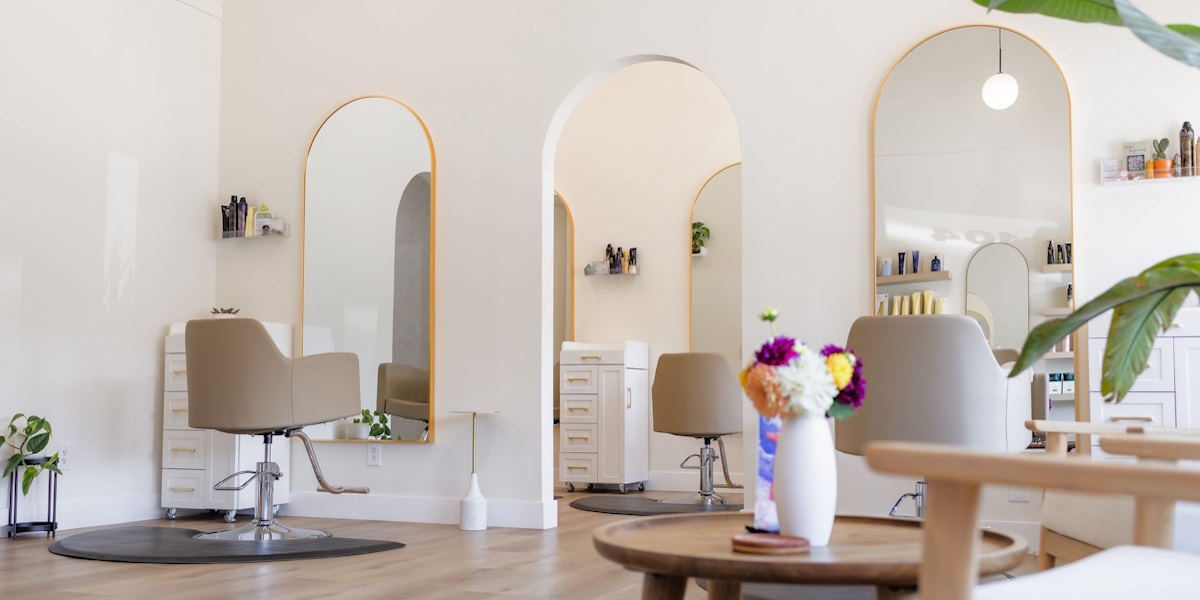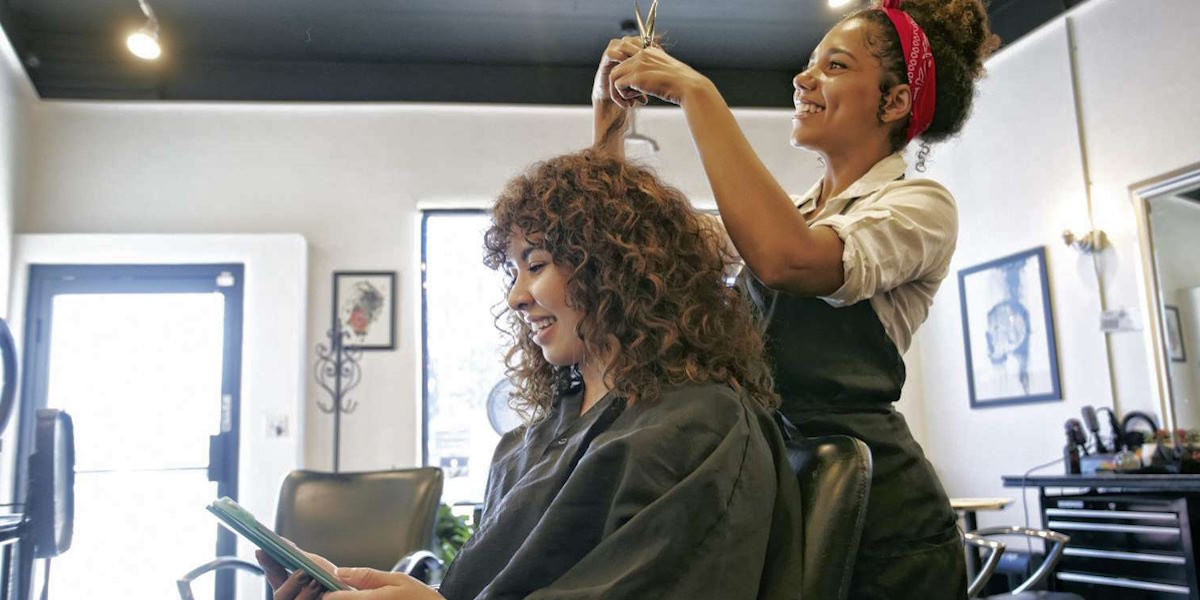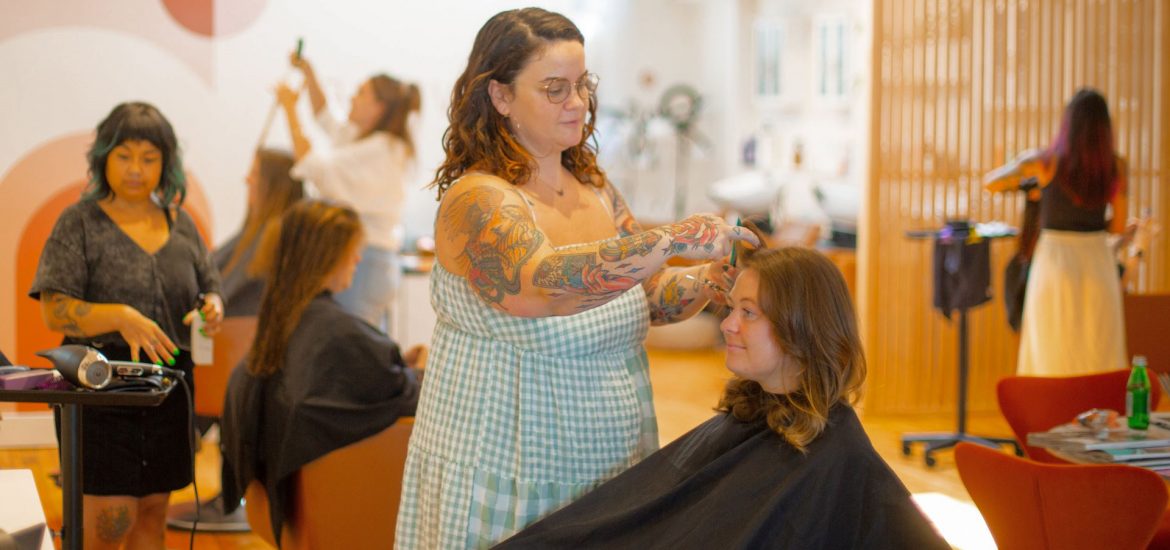Have you ever walked into a hair salon with a vision in mind, only to leave feeling like you and your stylist were speaking different languages? It’s like trying to describe a painting to someone who’s never seen it! Bringing photos to your appointment can be a game-changer. We’ll explore some valuable tips for an effective hair salon visit, starting with why those pictures are worth a thousand words. Imagine having a visual guide that not only shows your stylist what you want but also sparks creativity and ensures you both hit the mark.
Clear Communication
When it comes to hairstyling, communication is key. But let’s face it, describing a hairstyle with words alone can be as tricky as describing a color you’ve never seen. A photo, however, is a universal language. Just think of it as having a direct line to your stylist’s brain. Instead of saying, “I want something like this,” and hoping they get it right, you can hand over a picture that clearly shows your vision.
Photos help bridge the gap between what you imagine and what the stylist understands. For example, if you’re after a specific cut or color, a photo will provide a clear reference. This means less guesswork and more precision. It’s like giving your stylist a map to your desired destination rather than just a vague description.

Inspiration and Creativity
Bringing photos isn’t just about showing what you want—it’s also a fantastic way to spark inspiration. Maybe you’ve found a picture of a hairstyle you love, but you’re not sure how it will look on you. This is where the stylist’s creativity comes into play. By sharing your photos, you provide a starting point for brainstorming. Your stylist can use your photos as a base and suggest variations that suit your hair type and face shape.
Think of it like a collaborative art project. You provide the initial idea, and your stylist adds their artistic flair to make it uniquely yours. This collaboration can lead to some amazing results that you might not have thought of on your own. It’s a win-win situation where your preferences and their expertise come together to create something beautiful.
Setting Realistic Expectations
We’ve all had those moments where we dream of a glamorous hairstyle, only to be disappointed when it doesn’t quite turn out as expected. Bringing photos helps set realistic expectations. When you show your stylist a picture, they can assess whether the style is achievable with your current hair condition and texture.
Photos give your stylist a clearer idea of what can be accomplished, helping to manage expectations. For instance, a photo of long, flowing waves may not be realistic if your hair is short and fine. Your stylist can then discuss what’s possible and suggest adjustments that will still give you a look you love, but in a way that works with your hair. This can prevent those “what was I thinking?” moments and ensure you leave the salon feeling satisfied.

Streamlining the Appointment
Imagine walking into a salon and immediately having to make a decision about your hairstyle—it can be overwhelming! Bringing photos helps streamline the appointment process. With a visual reference in hand, you can cut through the confusion and focus on what you want.
This approach not only saves time but also makes the appointment more efficient. Instead of spending precious minutes trying to describe your ideal style, you can quickly point to a photo and discuss any tweaks or adjustments. This allows for quicker decisions about color, cut, and style, making your salon visit smoother and more enjoyable.
Building a Better Relationship with Your Stylist
A successful salon visit is not just about getting a great haircut; it’s also about building a good rapport with your stylist. Bringing photos can help foster a better understanding between you and your stylist. It shows that you’re invested in the process and that you value their expertise.
When you come prepared with photos, it opens up a dialogue. Your stylist can ask questions, provide feedback, and offer suggestions based on the images you’ve shared. This collaborative approach helps build trust and ensures that you’re both on the same page. It’s like working together on a team project—everyone is more likely to be happy with the outcome when they’re all working towards the same goal.

